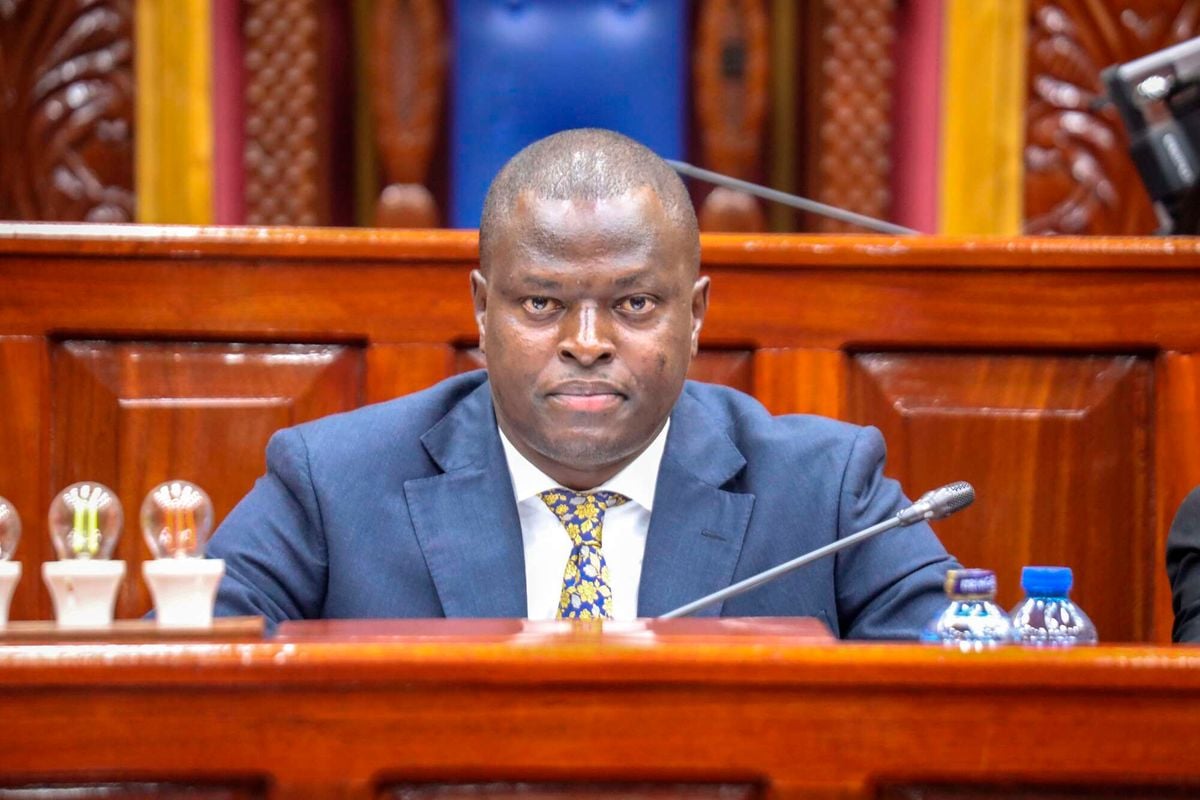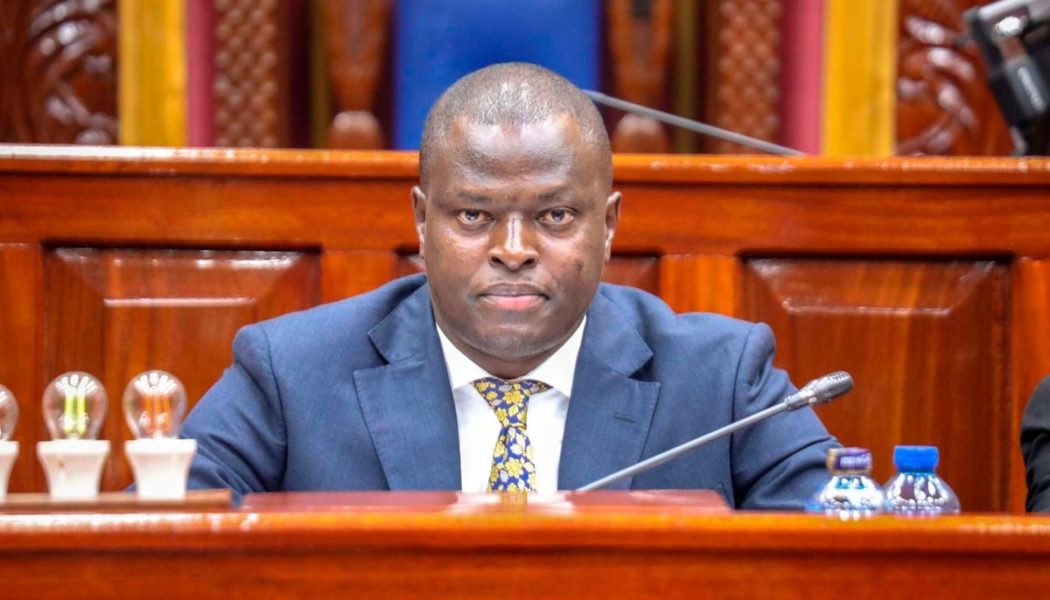
Lawmakers are seeking to raise Kenya’s borrowing target for the current financial year by Sh164 billion to fill the hole in the budget despite a raft of expenditure cuts that have hit development projects hardest.
The Budget and Appropriations Committee of the National Assembly has proposed an overall Sh121.8 billion cut in the budget to Sh3.87 trillion.
This has come in a year in which ordinary revenue targets have been revised downwards by Sh284.80 billion to Sh3.06 trillion.
The committee, led by Kiharu legislator Ndindi Nyoro, has consequently asked the House to increase total borrowing to Sh761 billion from the initial Sh597 billion.
In its Supplementary Budget report for debate and approval, the 27-member committee has increased the domestic borrowing target by Sh141.4 billion to Sh404.6 billion, with the remainder to be tapped from foreign debt markets.
“The revised estimates have been prepared against a backdrop of various socioeconomic challenges, including mounting calls for austerity, accountability, and enhanced service delivery, rising expenditure pressure for social protection programmes, ongoing reforms in education and healthcare, and high cost of debt service,” the committee said in its report tabled Tuesday.
“These have been compounded by revenue shortfalls and limited fiscal space to create necessary buffers,” it added.
Unrelenting youth-led protests over new taxes, high living costs, and bad governance prompted President William Ruto to withdraw Finance Bill 2024, leaving a budget hole of Sh344.3 billion, which forced the government to institute expenditure cuts.
The country’s boiling financial crisis has, however, been compounded by a sharp shortfall in the shortfall in revenue collections for the financial year that ended in June. In preparing the budget, the Treasury and MPs had expected actual collections, largely taxes, will amount to Sh2.92 trillion.
However, the receipts fell short by Sh280 billion. This has prompted the Treasury to revise the ordinary revenue —taxes, levies, fines, and forfeitures— target for this year ending June 2025 to Sh3.06 trillion from Sh3.34 trillion initially.
The downward revision has the largest hit projected collections from excise duty which has been cut by Sh104 billion. Excise duty is largely charged on goods such as beer, spirits, wine, cigarettes, mineral water, juice, cosmetics, and cars as well as services like airtime, internet, and earnings on loan fees.
Collections from value-added- tax are expected to fall by Sh88 billion, tax on earnings by individuals and companies (Sh49.5 billion), and import duty (Sh27 billion).
The overall expenditure plan has also been reduced from Sh3.87 trillion to Sh3.99 trillion. The budget for development projects has been slashed by Sh122.4 billion, while the day-to-day cost for operation, administration, and remuneration of staff has been reduced by Sh34.1 billion.
The committee has, nonetheless, proposed to raise the funding for counties by Sh30.8 billion and that for retirees by Sh23.7 billion to cater for carryovers from the last fiscal year that ended in June.
The biggest casualties of the cut in development budgets are Sh14.6 billion for last-mile electricity connections, Sh8.3 billion for the National Government Constituencies Development Fund, Sh4.5 billion for settlement of landless and Sh4.9 billion for infrastructure at junior secondary schools and secondary schools.
The biggest losers in the cut for recurrent expenditure are teachers who have lost Sh10 billion, which had been earmarked for the implementation of collective bargaining agreements between Teachers Service Commission and unions.









